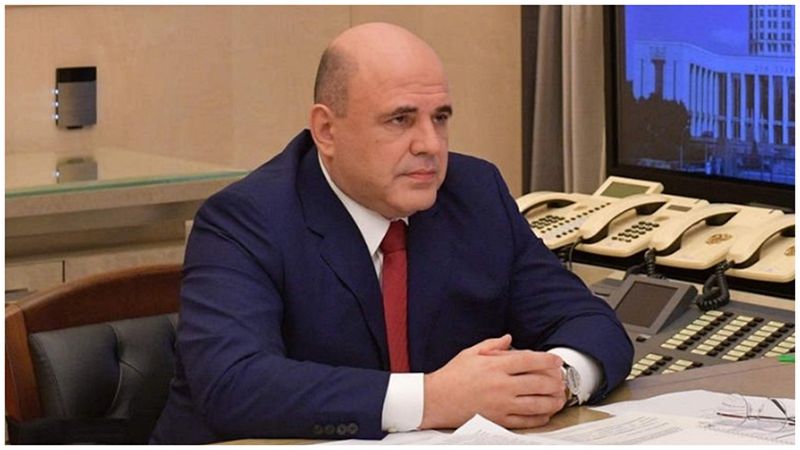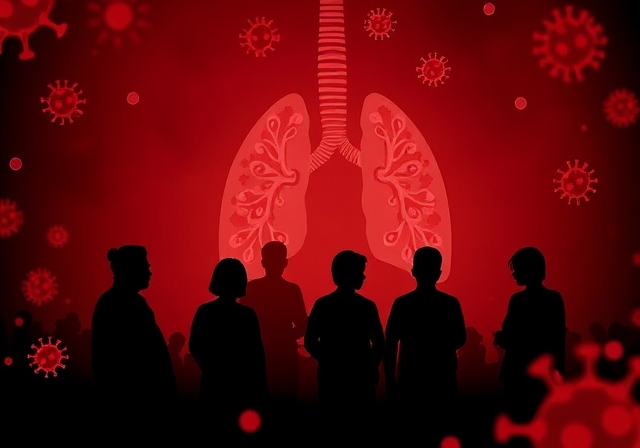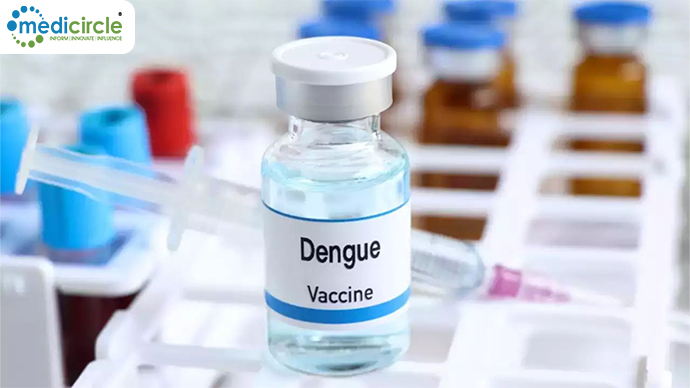Russian Prime Minister Mikhail Mishustain reported that he has tested positive for coronavirus, informing President Vladimir Putin he'll be temporarily stepping down to recover.
Mishustain, 54, was named prime minister in Janurary and has suggested First Deputy Prime Minister Andrei Belousov to step in for him.
This comes as Russia marks passing the grim milestone of 100,000 cases today, now still at 106,000 with nearly 3,100 new cases recorded.
In Moscow, Mayor Sergei Sobyanin has said he does not believe the country's capital is yet close to overcoming the spread of Covid-19.
"We're not even at the midpoint in my opinion; at best we have passed a quarter of the way," said Mr Sobyanin.
So far the city has built one hospital to help cope with growing numbers of infections but he says shopping malls, sports venues or the Stalin-era VDNKh ehibition complex could be converted in to treatment facilities.
Moscow currently accounts for half of Russia's reported cases of coronavirus.
Meanwhile WHO said a reference laboratory network has been established across the 6 WHO regions, and recently expanded to include some two dozen laboratories with expertise in virology, diagnostics, sequencing, and often viral culture .
These laboratories act to support Member States that currently do not have testing capacity or need
to get confirmation of their initial test results while building in-country capacity. These same laboratories serve as a
valuable source of support for strategic planning for the WHO HQ team and provide guidance to the WHO Regional
Office laboratory focal points as well. A shipment fund to allow transport of samples to WHO reference laboratories
for confirmatory testing has been made available to cover transport costs.Working with WHO’s Global Influenza Surveillance and Response System, surveillance testing for COVID-19disease has been established in clinics caring for patients with respiratory disease, giving an early hint to communitypenetration.
Also since February 24th WHO has been providing polymerase chain reaction (PCR) kits for COVID-19 directly to
countries, offering Member States the capacity to detect cases or clusters before the disease gains a strong foothold.
The scale of provision of tests is set to rise to millions of tests per month with the recent formation of the
Diagnostics Consortium of donor and technical agencies convened by WHO to align and coordinate procurement of
validated diagnostic test kits and related laboratory materials.

 Meanwhile WHO said a reference laboratory network has been established across the 6 WHO regions, and recently expanded to include some two dozen laboratories with expertise in virology, diagnostics, sequencing, and often viral culture .
Meanwhile WHO said a reference laboratory network has been established across the 6 WHO regions, and recently expanded to include some two dozen laboratories with expertise in virology, diagnostics, sequencing, and often viral culture .











.png)
.png)
.jpg)







.jpeg)

.jpeg)










.jpg)




.jpg)

